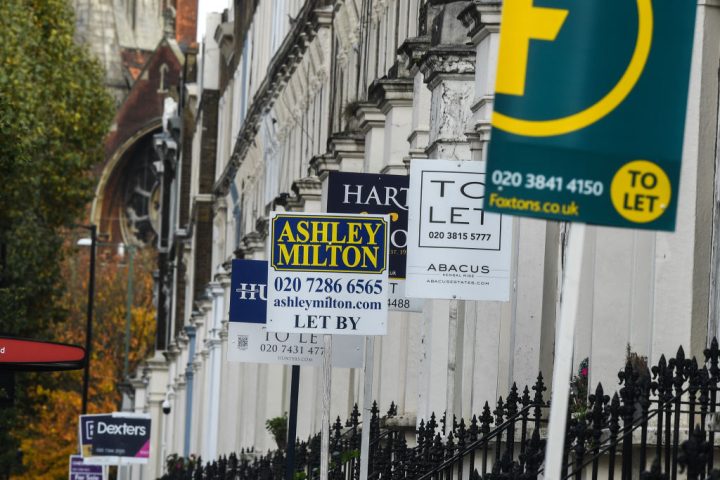Levelling up the housing market, it is fair to say, is not quite going according to plan. Rents in the year to February, the Office for National Statistics (ONS), reveals today increased by 9 per cent – the largest rise since the ONS started its rental price index. In some cases, tenants have been complaining of far steeper increases as landlords seek to recover rising mortgage costs.
Already a subscriber? Log in
Subscribe for just $2 a week
Try a month of The Spectator Australia absolutely free and without commitment. Not only that but – if you choose to continue – you’ll pay just $2 a week for your first year.
- Unlimited access to spectator.com.au and app
- The weekly edition on the Spectator Australia app
- Spectator podcasts and newsletters
- Full access to spectator.co.uk
Or





















Comments
Don't miss out
Join the conversation with other Spectator Australia readers. Subscribe to leave a comment.
SUBSCRIBEAlready a subscriber? Log in